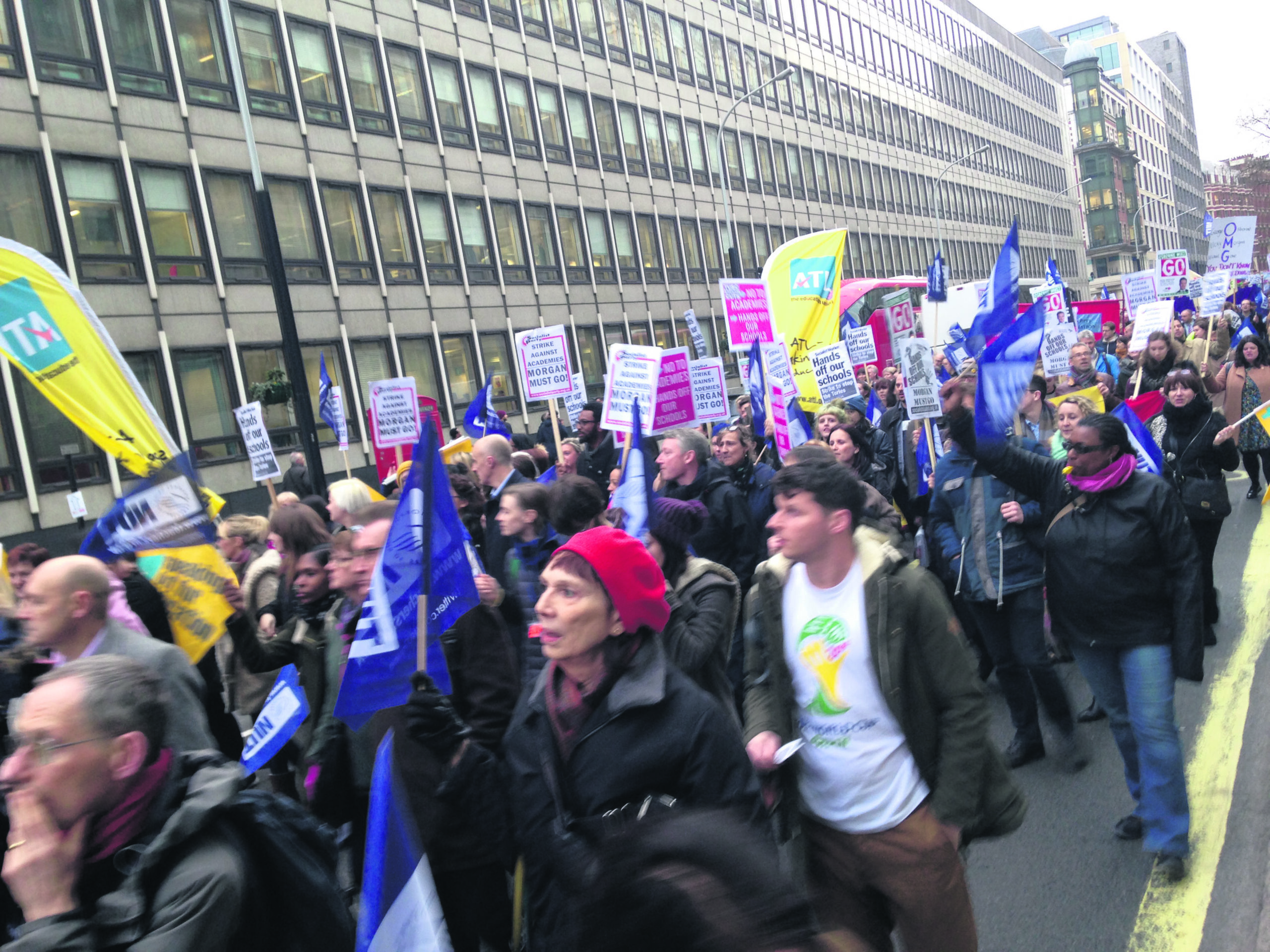Strike action in education on pay needed
Sheila Caffrey, NEU national executive member (personal capacity)
Gas and electric bills up 30%. National Insurance increasing soon. Rent, mortgage and food costs continuing to skyrocket. Yet pay stays the same.
In real terms, this means pay cuts. No-one should have to make a choice between heating or travel costs, rent or food, but this is the reality for many workers. Unions are feeling this pressure from their members and are having to start to show some signs of action.
The National Education Union surveyed support staff before Christmas and teacher members this month. Socialist Party members in the union had been instrumental in calling for action, and were pleased that this would be a first step towards more meaningful action. We outlined in January that a 25% turnout would be a step towards the 50% needed in a formal ballot, and would help us to identify what to do next.
Well, we got a 28% turnout, with a clear mandate of over 70% of members willing to strike, an excellent start to a national campaign for a union that has been (understandably) very focused on school-based defence of health and safety over the last couple of years.
Unfortunately, the confidence of the leadership of the union is very low. In a recent emergency executive meeting, it was continually repeated that members weren’t confident and that 28% would be an embarrassment in a ballot. Instead, it was suggested that, as this was a two-year pay deal, it would give us two years to fight back, and that we should concentrate on model letters to MPs, local days of action and looking to organise a national demo with the TUC against the cost-of-living crisis.
But is this the actual fightback we need? Although cross-union, mass mobilisations are good for publicity and boosting morale, do they make much difference to the government or big business?
Ultimately, we need to hit them where it hurts – in their profits! And that is why Socialist Party members on the national executive of the National Education Union, along with other activists in the Education Solidarity Network, put forward a clear timeline of events and discussions that would build up to a ballot for striking in July.
Trying to overturn budgets in every school following an announcement from the government will be extremely difficult. We believe that by continuing to build on the momentum we’ve already begun, coupled with the demos, publicity, the reality of bill increases, and good union organising, we could achieve the turn-out needed.
Some executive members who voted against our timeline tried to justify their position by saying they would call for a strike at the ‘earliest opportunity’. But as this was supported by claims of knowing when the time would be right in their gut, and talking about next year, it is clear that these are words only, and not the call to action that the 70,000 teachers who responded to the survey clearly wanted.
If we don’t fight, we won’t win! We need to show the government (and our members) that we are serious about winning what we deserve.
We call on activists in education who are serious about fighting against the pay cuts to join us and keep up the pressure to move to meaningful industrial action this year to achieve the pay rise that is needed for all education staff.









